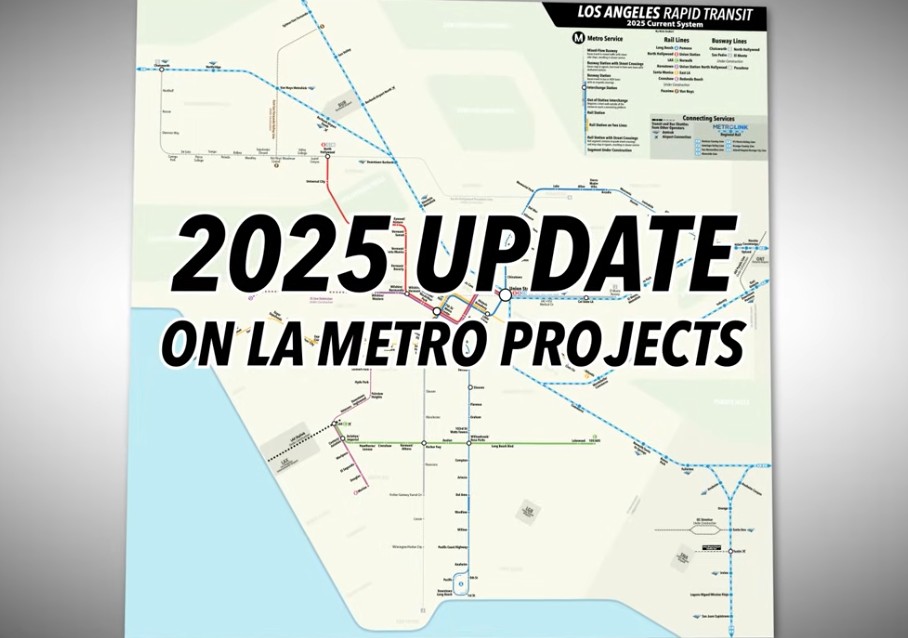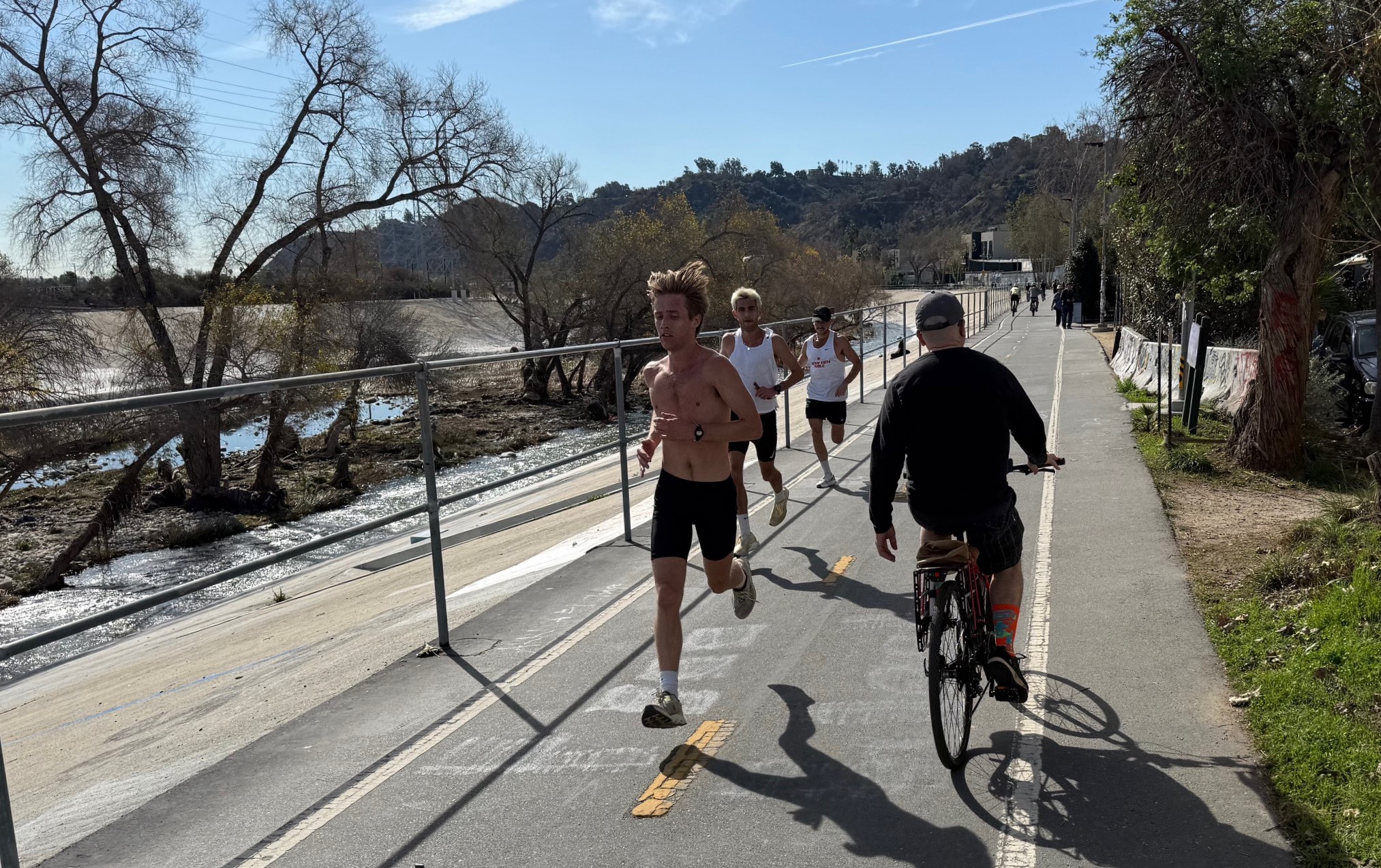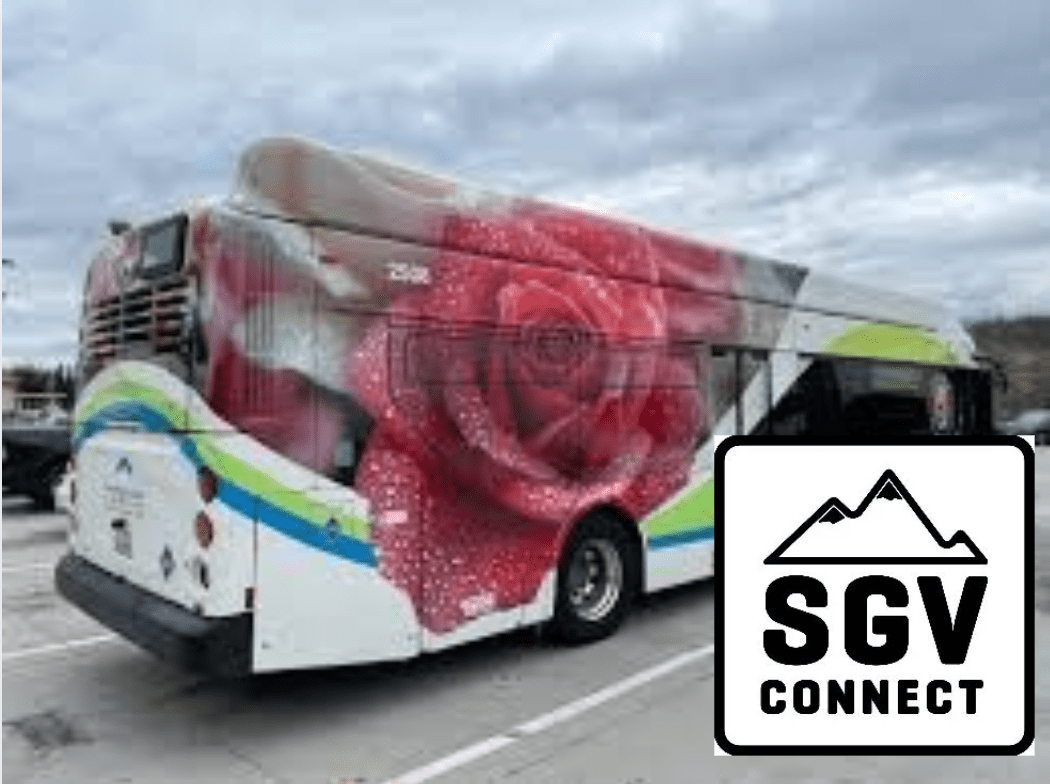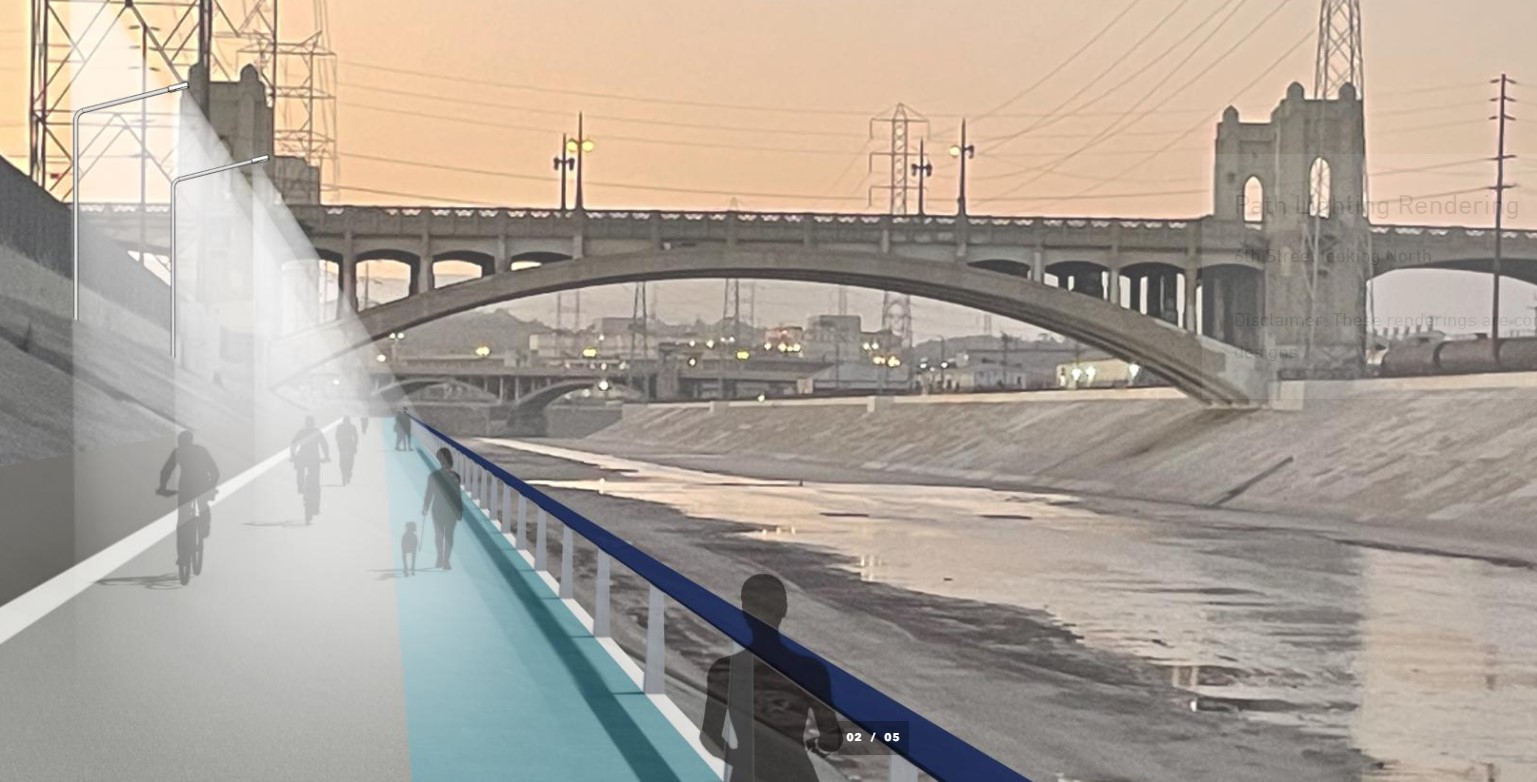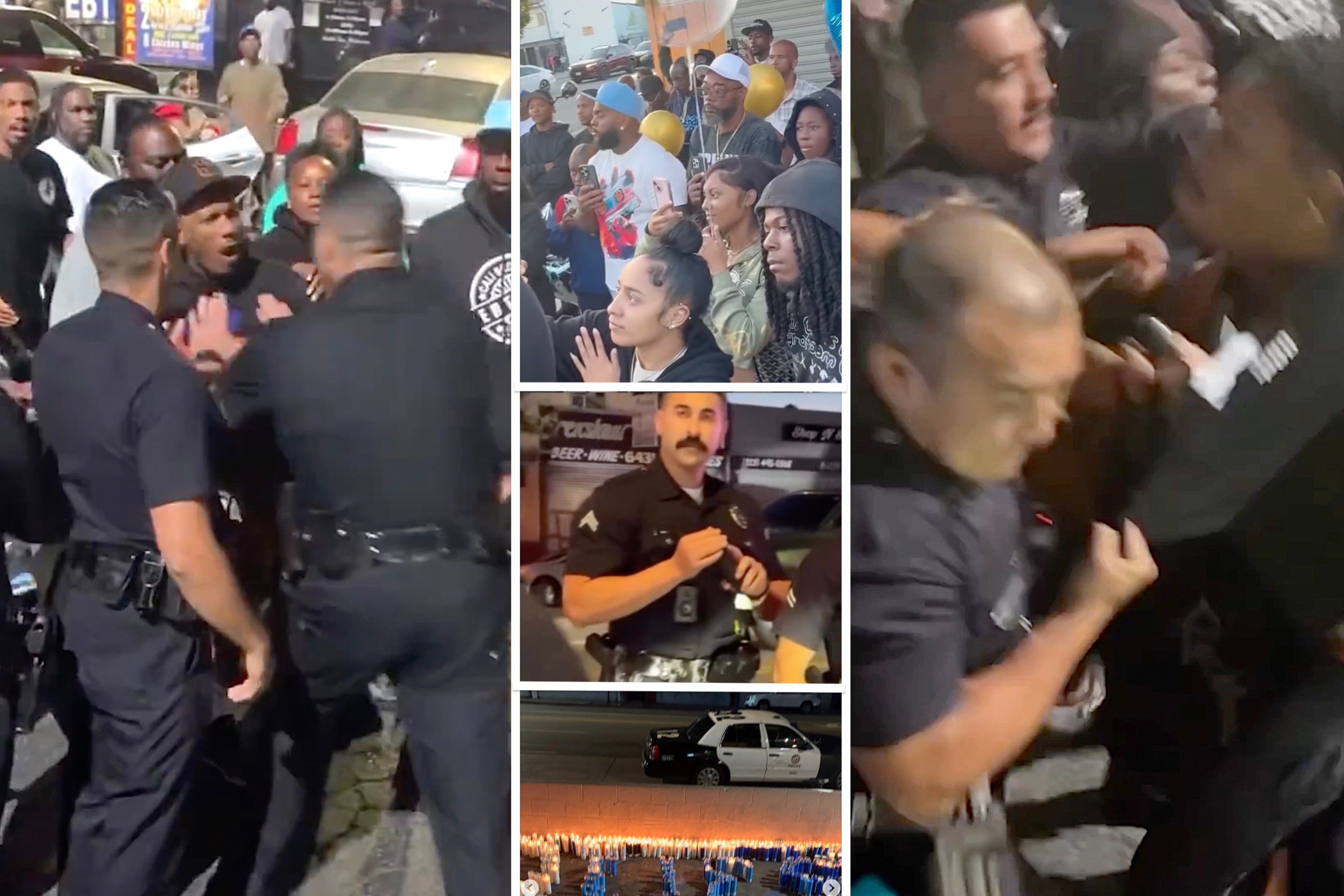Congress is in recess, and the House's atrocious transportation bill has been dismembered and delayed, but if you want to preserve funding for transit and active transportation, don't let your guard down yet. There's still plenty to watch out for as the House and Senate attempt to reauthorize federal transportation programs. As we've reported, there are some stark differences between the House and Senate bills. But what is scariest may be their similarities.
When two companion pieces of legislation pass their respective chambers, they are combined by a conference committee. The committee is made up of members of both the House and the Senate, and it is their job to resolve differences between the two bills. (Most recently, a conference committee forged a compromise on extending payroll tax cuts and unemployment insurance.)
Committee members are limited in that for each provision, they must choose either one chamber's version or the other's -- they generally do not have the power to come up with something new on the spot. Furthermore, if the two bills agree on something, that provision can't be altered by the conference committee.
There are already good chunks of the House and Senate bill that are the same -- eliminating dedicated bike-ped funding, for instance. The House bill admittedly goes much further than the Senate's, but if the two bills were to be conferenced right now, Safe Routes to School, Transportation Enhancements and Recreational Trails would all be history. The committee would then have to choose how to weaken those programs: eliminate them altogether, like the House bill, or keep them eligible under Congestion Mitigation and Air Quality program but let states opt out of them. Another critical choice: fund CMAQ from the Highway Trust Fund, as in the Senate bill, or fund it from the the smoke-and-mirrors "alternative transportation account" envisioned in the House bill.
"We have to keep the bike-ped programs alive in the Senate to be able to fight for them in conference," David Burwell, director of the Energy and Climate Program at the Carnegie Endowment, told Streetsblog. "That's why Senate Amendments 1549 [Cardin/Cochran, making CMAQ city-friendly] and 1661 [Klobuchar, protecting Rec. Trails] are so important to the bicycling community. If they don't get added to the bill, the fight is over in conference."
There are other amendments pending in the Senate that would add some language already adopted by the House. The House's Keystone XL pipeline proposal has already passed as part of H.R. 3408, the "drill" part of "drill and drive." If a Keystone XL pipeline amendment succeeds in the Senate, it cannot be removed by the conference committee.
Both chambers have to vote on the committee's end product, the conference report, before they send it to the president. If the committee doesn't think it can reach a compromise that will pass both chambers, we're headed for an extension. If it passes both but President Obama vetoes it, as he has promised to do with the House bill, we're headed for an extension.
